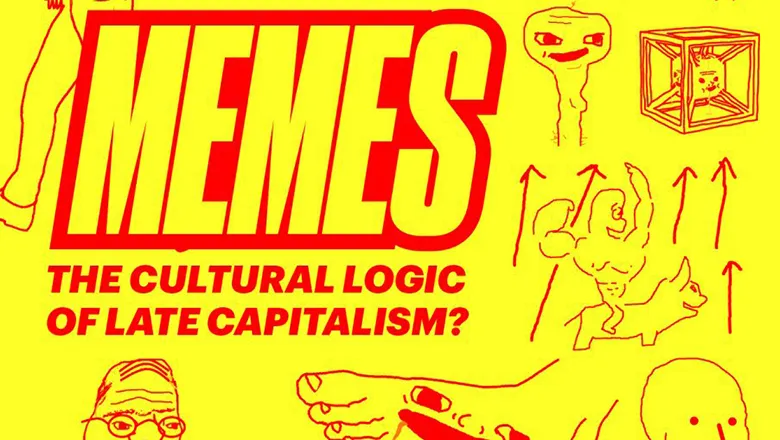On Friday 15 May, the Centre for Digital Culture presented their 7th annual (online) conference Memes: The Cultural Logic of Late Capitalism? The event brought together a panel of leading international scholars researching memes and their cultural, economic, and political implications. The event focused on politics and how new movements, including populist right movements, are using memes, while also revealing new research on how people are engaging and using memes during the coronavirus pandemic.
What are memes?
Meme has become a by-word of contemporary digital culture. The term has been used to describe simplified contents such as captioned macro pictures, short-videos, recurring phrases and all sorts of internet fads found on social media. With their penchant for humour and sarcasm, their remixability, irony and recursivity, memes are an interesting object of study because they seem to embody much of what is unique about digital culture in relation to pre-digital cultures.
Panellists at the conference included Marc Tuters (University of Amsterdam); Sal Hagen (University of Amsterdam); Stijn Peeters (University of Amsterdam) Tom Willaert (VUB Artificial Intelligence Lab); Emillie de Keulenaar (Universities of Utrecht & Amsterdam); Daniël de Zeeuw (University of Amsterdam); An Xiao Mina (Berkman Klein Center for Internet and Society); Anastasia Denisova (University of Westminster); Alessandro Lolli (Italian philosopher and author); Philip Seargeant (Open University) and chaired by Dr Paolo Gerbaudo and Dr Jennifer Pybus from the Centre of Digital Culture at King’s College London.
Together panellists answered the following fundamental questions:
- What does the prominence of internet memes tell us about our society during a profound crisis of capitalism?
- Are memes simply a neutral medium that can fit any content, or do they carry their own bias and specificities?
- What is the dominant cultural spirit of memes?
- Are memes the reflection of a hyper-reflective society that cannot take itself seriously?
The event received a considerable level of engagement from across the globe, with 1682 attendees joining in total, setting a basis for future collaborations among participant researchers.
If you were unable to follow the live event, viewers can now watch a full recording of the conference below.

